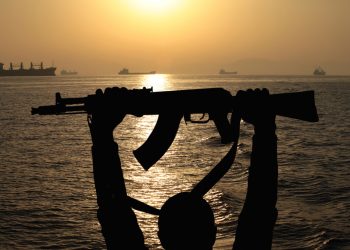Based on the outcome of the 74th session of IMO’s Marine Environment Protection Committee, Akshat Arora, Senior Surveyor at Standard Club released guidelines for fuel oil sampling and designated sampling points.
To remind, during MEPC-75 meeting, that was held in November-2020, new amendments to MARPOL Annex VI were adopted through Resolution MEPC.324(75).
These amendments will enter into force on 1 April 2022. It introduces new requirements for fuel oil sampling points and outline methods for sampling fuel oil to validate its sulphur content.
Fuel oil samples
According to Akshat Arora, essentially, there are three types of fuel oil samples as defined in the IMO guidelines:
- sample of the fuel delivered to the ship during the bunker operation, i.e. ‘MARPOL delivered sample’ (MEPC.182(59))
- sample of the fuel oil in use on a ship, i.e. ‘in-use sample’ (MEPC.1/Circ.864/Rev.1)
- sample of the fuel oil intended to be used or carried in tanks for use, i.e. ‘onboard sample’ (MEPC.1/Circ.889)
In addition to the above-mentioned statutory samples, members may wish to collect ‘commercial samples’ during the bunker operation to verify the physical and chemical properties in accordance with ISO 8217. These samples are generally drawn on voluntary basis, by the sampling equipment positioned at the bunker manifold of the receiving ship.
…Standard Club explains.
Designating sampling points
In order to facilitate the need for taking ‘in-use samples’, ships constructed before 1 April 2022 are required to designate or, if necessary, fit sampling points no later than the first IAPP renewal survey on or after 1 April 2023. For ships built on or after 1 April 2022, sampling points needs to be in place and designated upon delivery.
These requirements are not applicable to a fuel oil service system for a low-flashpoint fuel, i.e. having a flashpoint less than 60oC.
Members are recommended to review their fuel oil sampling procedures to ensure that samples can be drawn safely from the ship’s fuel service system in compliance with these guidelines. It is imperative that the ship’s crew are aware of the above-mentioned requirements and familiarised with the ship-specific system.
…Standard Club concluded.






























































